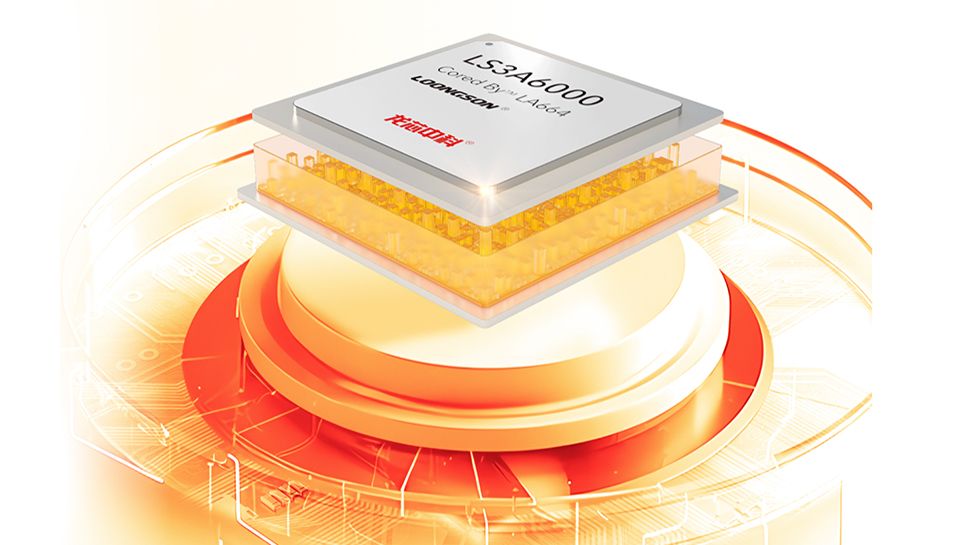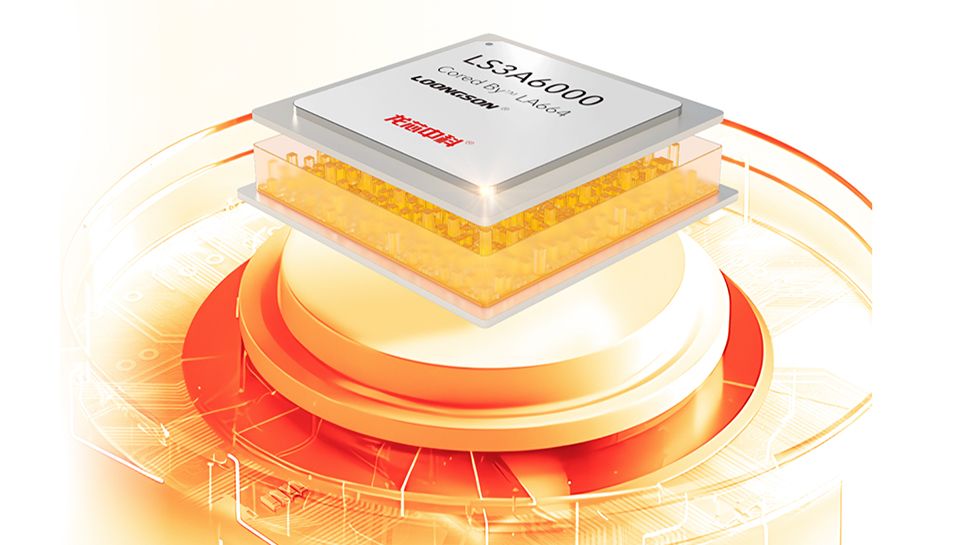
Loongson is a major player in China, creating domestic chips for the past 22 years with the goal of providing affordable alternatives to Intel and AMD products. Historically, however, there has always been a noticeable performance gap between its homegrown CPUs and those from outside China.
Now, Fast Technology reports Loongson has been working hard behind the scenes to close that gap and is preparing to launch a trio of fourth-generation CPUs, collectively known as the “Three Musketeers.”
Loongson’s first-generation chips included the 3A1000 and 3B1500, followed by the second-generation 3A2000 and 3A3000, and then the third-generation 3A4000, 3A5000, and 3C5000/S/D. The fourth-generation chips are the Loongson 3A6000, 3B6000M, and 3C6000.
Tock-Tock2-Tick
“Loongson follows a development principle based on independently researching core IP to improve single-core general-purpose performance. It adopts a strategy similar to Intel’s former ‘Tick-Tock’ development approach, where ‘Tick’ refers to process iteration and ‘Tock’ to architecture and design optimization,” Fast Technology’s report added.
For this new generation, Loongson has adopted a “Tock-Tock2-Tick” approach, meaning “two rounds of design optimizations before a process iteration,” aiming to maximize the performance of existing mature processes, which are roughly comparable to the international 7nm level.
The Loongson 3A6000 is already available, but very little is currently known about the 3B6000M besides the fact it will integrate GPGPU graphics and computing cores. The 3C6000 server processor has reportedly returned for sample testing and is expected to ship in Q4 2024. What’s particularly interesting is that Loongson has developed upgraded versions of the Three Musketeers – the 3A6600, 3B6600, and 3C6600 – as part of the second “Tock.”
The 3B6600, which is scheduled for tape-out in the first half of next year, will reportedly also integrate GPGPU graphics and computing cores, like the 3B6000M.
Loongson’s fourth-generation CPUs will integrate high-speed PCIe interfaces, “allowing connections to dedicated graphics cards, network cards, RAID array cards, and more, with a weak southbridge connected via PCIe,” Fast Technology added.
More from TechRadar Pro
Services Marketplace – Listings, Bookings & Reviews
